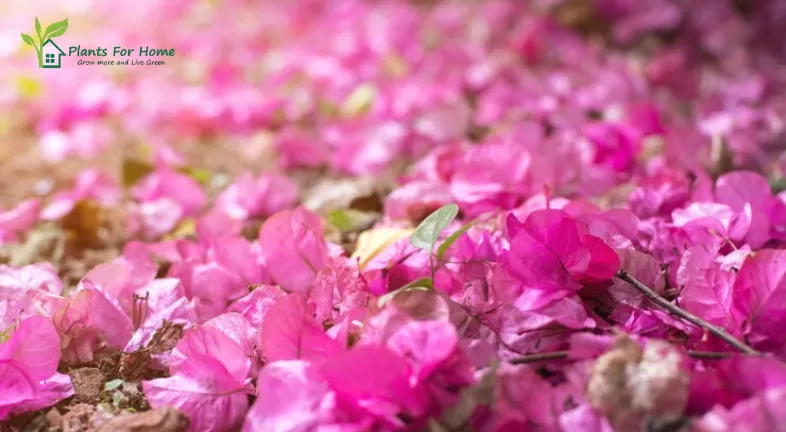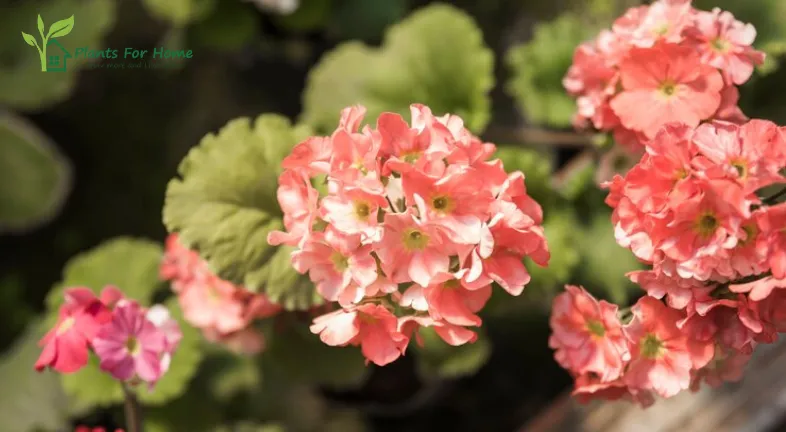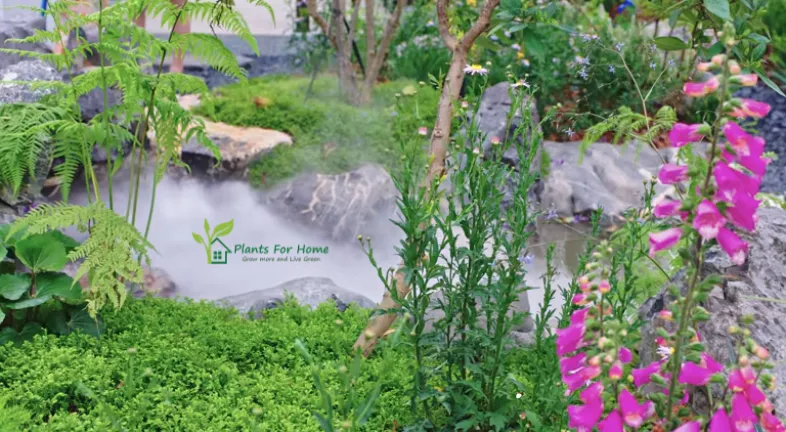ARE BIGONIAS SHADE PLANT?

Begonias are a colorful world with an astounding range of colors, textures, and growth behaviors. However, a vital query emerges for gardeners looking to bring some beauty to their shaded areas: Are begonias shade plants? Thankfully, the answer is overwhelmingly in the affirmative. This tutorial explores the intriguing world of begonias, including the various types that thrive in low light and their tolerance to shade.
Beyond Gardens Soaked in Sunlight:

Although several flowering plants suffer when exposed to indirect sunlight, a large number of begonias flourish in areas with shade. Actually, a major factor in their appeal is their tolerance to shade, which makes them perfect for:
Gardens facing north: These regions get little direct sunshine, which is frequently problematic for conventional flowering plants. But begonias’ vibrant blossoms can make these areas seem more cheerful.
Beneath trees: Begonias thrive in the dappled shade that trees generate, bringing a splash of color to shady patios and walks.
Indoor spaces: Some begonia kinds are great houseplants that bring color to places that receive indirect sunlight because of their compact growth patterns and variety of foliage.
Recognizing Shade Tolerance in Begonia:

It’s crucial to remember that different begonias have varying tolerances for shade. Here’s a summary of the various varieties and whether or not they belong in shaded areas:
Begonias wax (Fibrous Begonias): These well-liked types are great shade performers; they have glossy green foliage and clusters of white, pink, or red blossoms. Even though they prefer afternoon shade for best growth, they can even withstand some morning sun.
Tuberous Begonias: These striking begonias have big, eye-catching blooms that are full of color. Although they can withstand some early sun, it is best to provide partial shade to avoid scorching the flowers and preserve their vivid blossoms.
Begonia Rex: These gorgeous, patterned Begonias come in a wide range of colors and textures, and they are shade-loving plants. Their delicate leaves might be harmed by direct sunshine. Begonias with angel wings: Unlike ordinary begonias, these graceful types have huge, cascading flower clusters. They do, however, still value some midday shade, particularly in warm areas.
Increasing Begonia Yield in Shade:

Begonias’ ability to tolerate shade is one of its main advantages, but there are a few more things to take into account to ensure their success:
Soil: Choose wet, well-draining soil. Even in shaded areas, poor drainage might result in root rot. Watering: Make sure to water frequently, especially in the summer, but don’t overdo it. The soil should be kept continuously damp but not drenched.
Fertilization: To promote strong growth and colorful blooms, apply a balanced fertilizer during the growing season.
Deadheading: Removing spent flowers on a regular basis encourages blooming all season long. Beyond Tolerance for Shade:
Begonias have advantages that go beyond their ability to withstand shade:

Low Maintenance: Begonias are typically low-maintenance plants that only need occasional trimming and insect control.
Long Bloom Time: A lot of begonia cultivars have long bloom times that allow you to enjoy the color of your garden from spring through fall.
Diversity of Form: Begonias provide a range of growth patterns to meet various gardening demands and aesthetic preferences, from bushy shrubs to cascading vines and upright canes.
CONCLUSION:
Begonias are a great option for gardeners looking to make their shaded spaces more vibrant and bright. There is a begonia that is ideal to brighten any area thanks to their beautiful variety and varied resistance to shade. A flourishing begonia garden that thrives in the cool embrace of shade can be created by knowing their particular demands and giving them the proper care. So, harness the power of begonias to create a blooming sanctuary in your shaded area!












1 thought on “ARE BIGONIAS SHADE PLANT?”
Pingback: Are bigonias shade plant | Article Cede